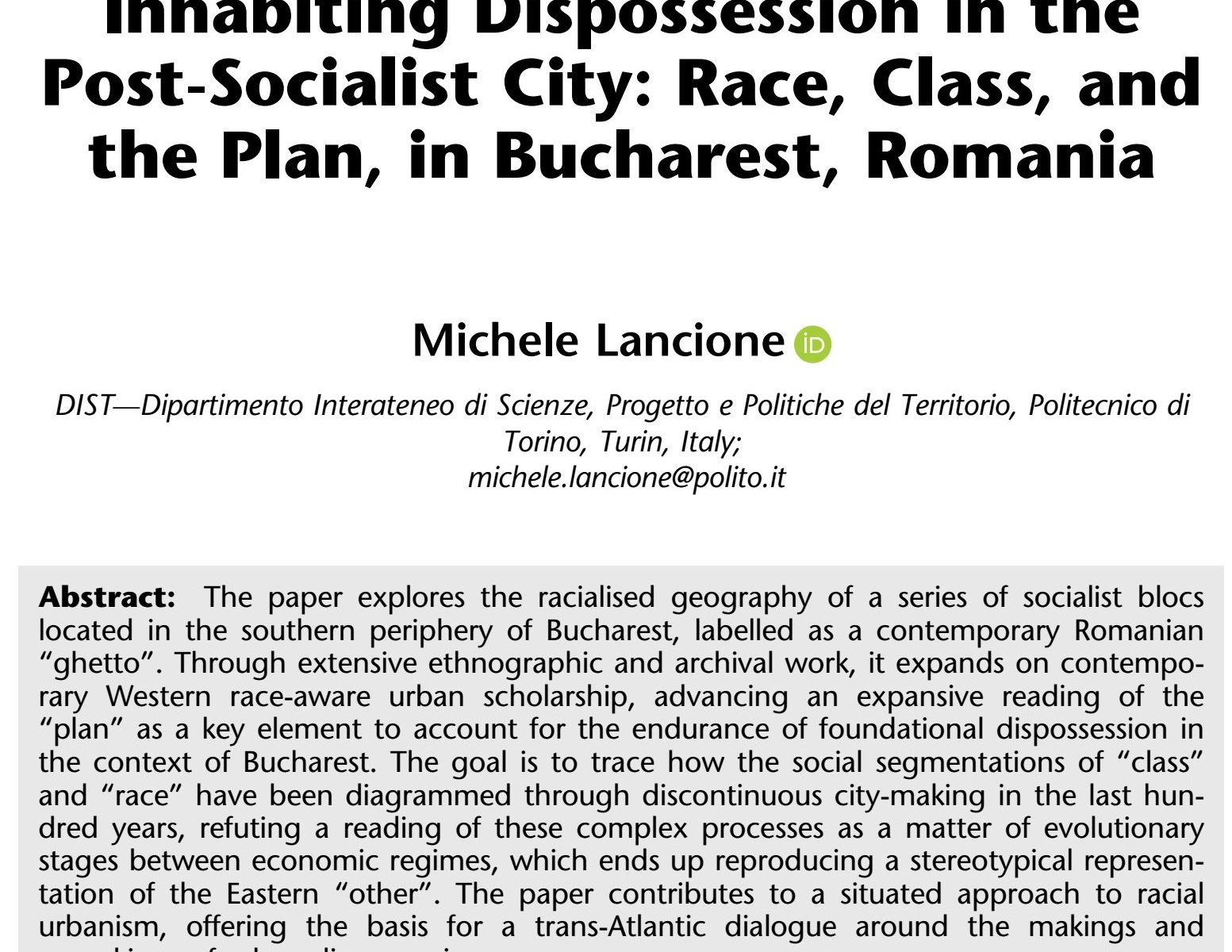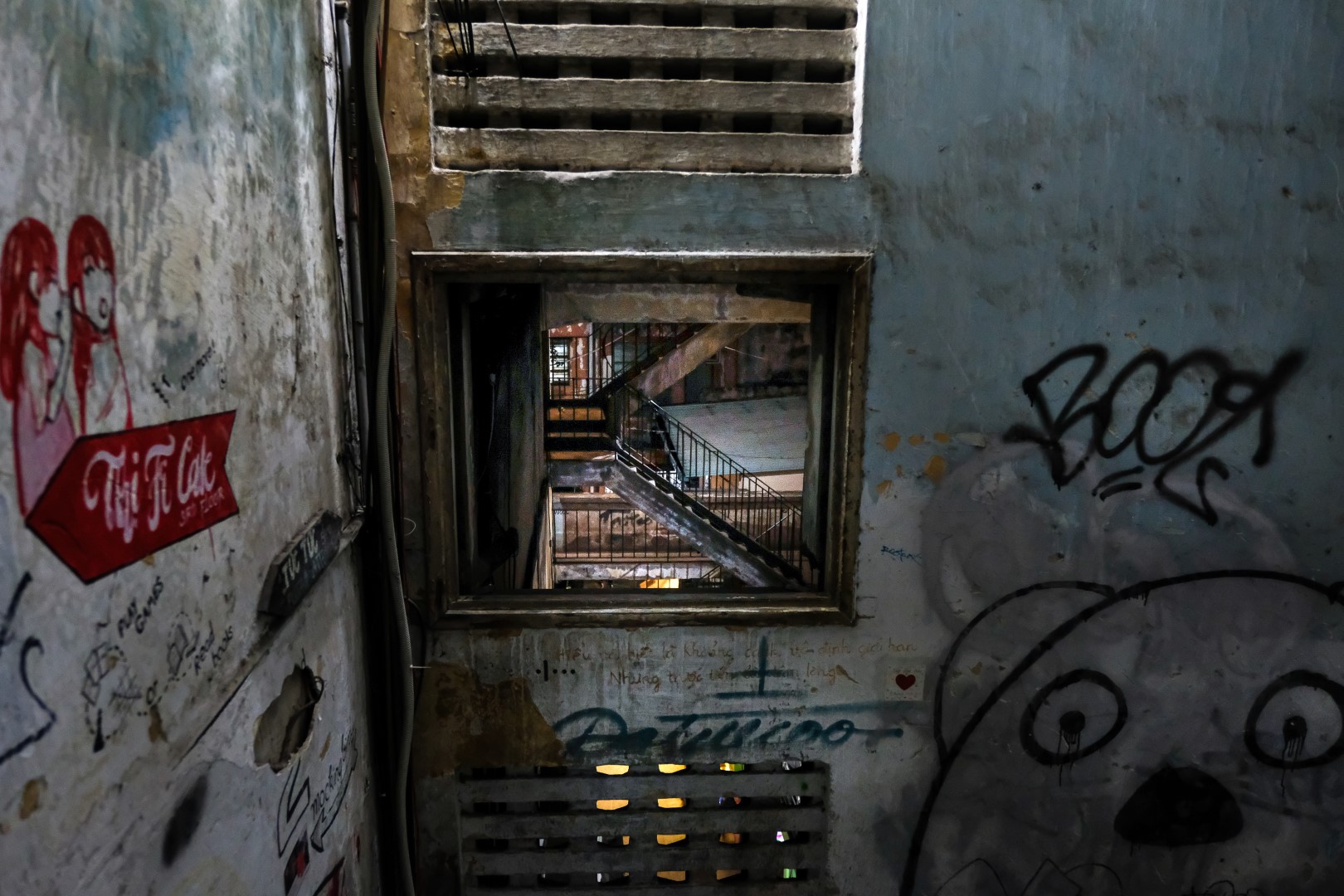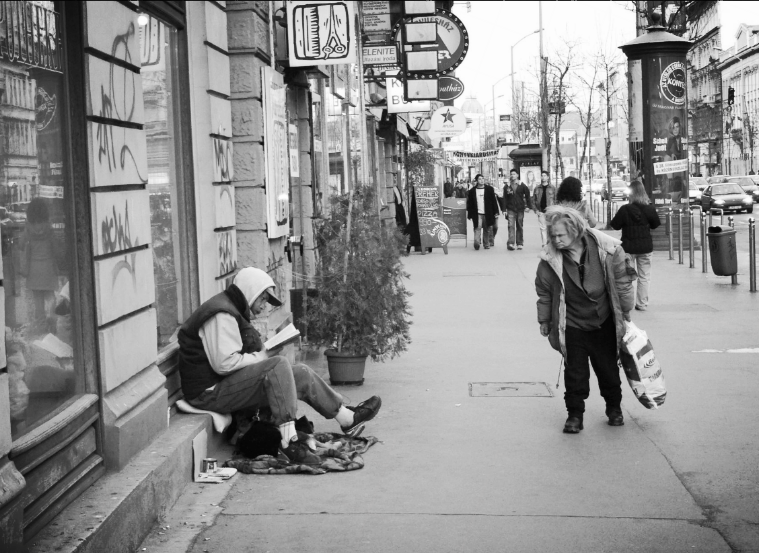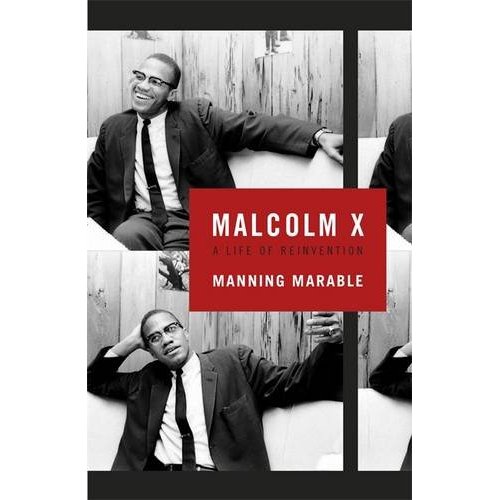My new paper in Antipode took years to write. Since the time in which I did the archival and ethnographic research underpinning it much life, death, pandemic, and international moving happened… but I hope I was finally able to give justice to that material.
The paper is open-access at: https://onlinelibrary.wiley.com/doi/10.1111/anti.12821
It builds on my previous research around #race #class #housing #resistance in #Bucharest, and it expands on crucial Romanian scholarship to offer a trans-Atlantic dialogue around the (un)makings of #urban #racialised #dispossession.
Inhabiting Dispossession in the Post-Socialist City: Race, Class, and the Plan, in Bucharest, Romania
Abstract
The paper explores the racialised geography of a series of socialist blocs located in the southern periphery of Bucharest, labelled as a contemporary Romanian “ghetto”. Through extensive ethnographic and archival work, it expands on contemporary Western race-aware urban scholarship, advancing an expansive reading of the “plan” as a key element to account for the endurance of foundational dispossession in the context of Bucharest. The goal is to trace how the social segmentations of “class” and “race” have been diagrammed through discontinuous city-making in the last hundred years, refuting a reading of these complex processes as a matter of evolutionary stages between economic regimes, which ends up reproducing a stereotypical representation of the Eastern “other”. The paper contributes to a situated approach to racial urbanism, offering the basis for a trans-Atlantic dialogue around the makings and unmakings of urban dispossession.





